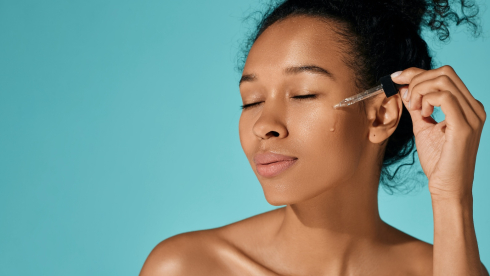At the 2001 BNP Paribas Open tournament in Indian Wells, California, Serena and Venus Williams were booed by fans who accused them of match fixing when Venus withdrew from a scheduled semifinal match. And then, according to the Williams family, things got worse: “When Venus and I were walking down the stairs to our seats, people kept calling me ‘nigger,” her father and coach Richard Williams told USA Today at the time. One man, he said, threatened, “I wish it was ’75; we’d skin you alive.’
Serena boycotted the event for over a decades, only returning this year. But the most recent commentary is a reminder that that didn’t mark an end to the racialized, sexualized, dehumanizing comments about her. Nearly impossible to imagine being made about any of her peers, they’re a genre unto themselves, offering a case study on how biases make their way into media coverage.
As James McKay and Helen Johnson write in a 2008 article published in Social Identities, about what they called the “pornographic eroticism and sexual grotesquerie in representations of African American sportswomen,” even so-called complimentary commentary about Williams’ athleticism is often grounded in stereotypes about Black people (animalistic and aggressive) and Black women specifically (masculine, unattractive, and overly sexual at once).













